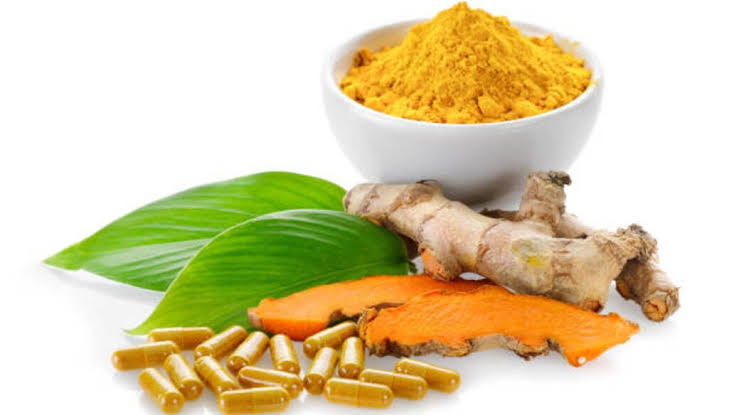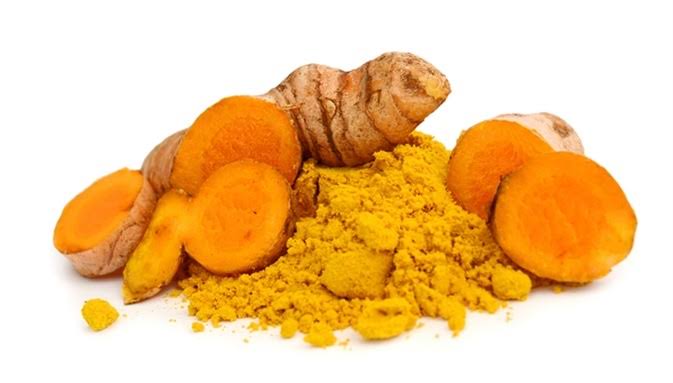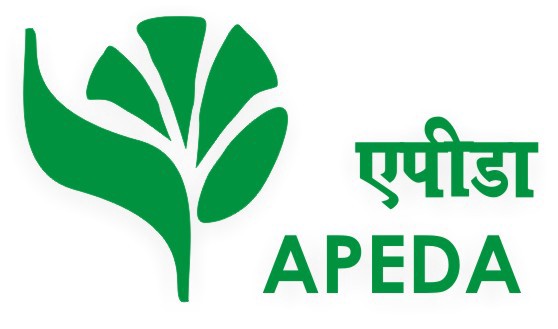

Turmeric
Turmeric Imports & Exports In India
Natural products have been used throughout human history for various purposes. Turmeric - The Golden spice is a plant that has a very long history of medicinal use, dating back nearly 4000yrs .Because of it's brilliant yellow colour, turmeric is also known as " Indian Saffron". The name Turmeric derives from Latin word terra merita ( meritorious earth), terre merite in French ,commonly called as " haldi" "manjal", and "haridra" is widely cultivated in Tropics. Turmeric is a product of Curcuma longa, a rhizomatous herbaceous perennial plant belonging to the ginger family, which is a native to tropical South Asia. With it's inherent qualities and huge content of the important bioactive compound curcumin, indian turmeric has numerous uses in asian cuisine. It is a significant ingredient in most commercial powder. with it's numerous uses in Asian cuisine it is also used in the manufactured food products such as canned beverages, dairy products, baked products, ice cream, yellow cakes, yogurt, biscuits, sweets, cereals, sauces and gelatins. Along with food stuff it has been put to use as cosmetic and medicine. Turmeric is used as an herbal medicine for rheumatoid arthritis, conjunctivitis, skin care, small pox, chicken pox, digestion disorders, menstrual difficulties and gallbladder complaints. It has anti-inflammatory, choleretic, amti microbial and carminative actions. Many south asian countries use it as an antiseptic for cuts, burns and bruises. The Activities of Turmeric include
Benefits Of Turmeric
Turmeric Contains Bioactive Compounds With Powerful Medicinal Properties.
Turmeric Dramatically Increases the Antioxidant Capacity of the Body.
Curcumin Is a Natural Anti-Inflammatory Compound.
Curcumin Boosts Brain-Derived Neurotropic Factor, Linked to Improved Brain Function and a Lower Risk of Brain Diseases.
Curcumin Should Lower Your Risk of Heart Disease
Turmeric Can Help Prevent (And Perhaps Even Treat) Cancer.

